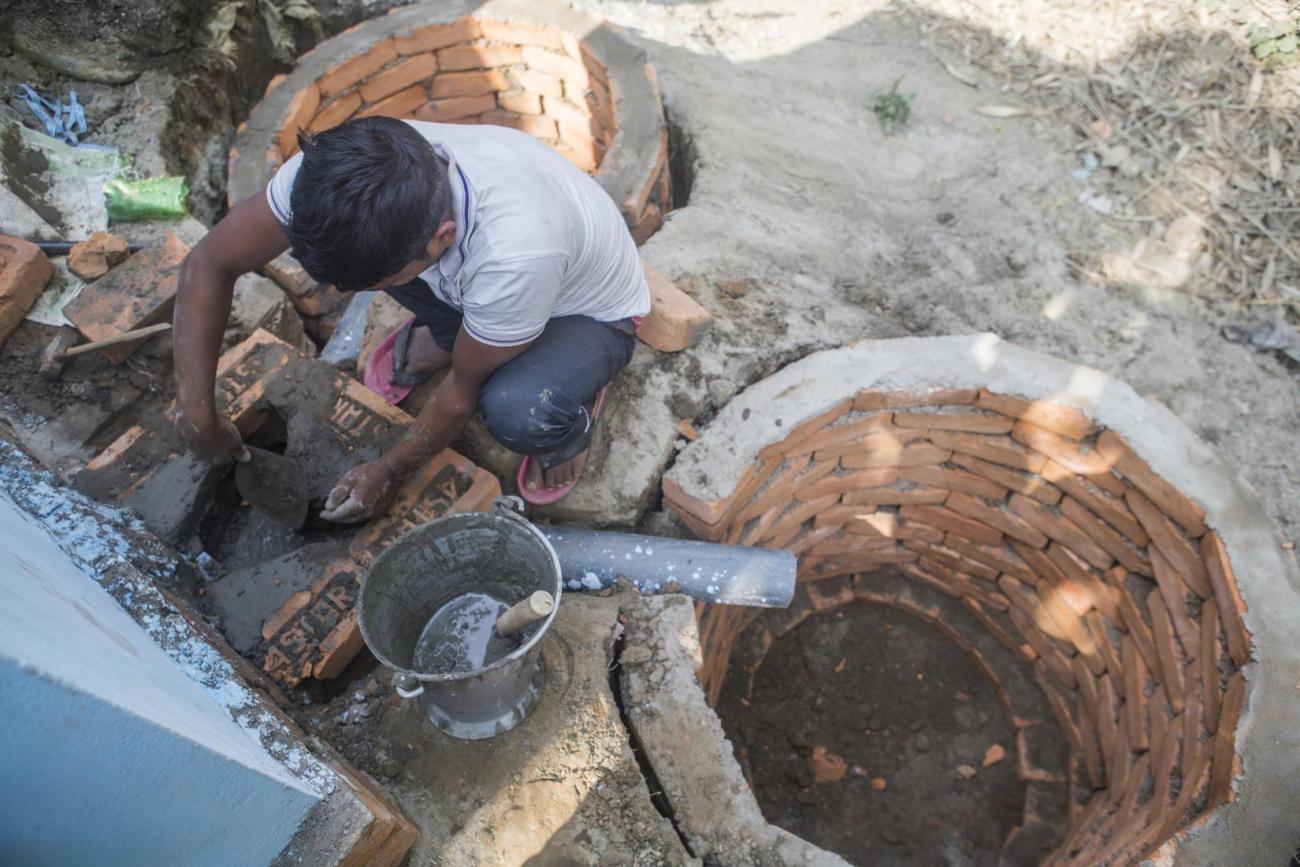From Funding to Financing: Is there an evolution in the way of doing business post the SDGs?

‘Businesses have realised that their long-term growth and sustenance in the market is closely linked to the achievement of the SDGs,' says Dalmia Cement CEO.
Over the years, organisations have started to exercise their citizenship in society, through the incorporation of sustainability, corporate philanthropy and corporate governance. Today, corporate responsibility is about creating a larger multiplier effect through self-sustainable models and building partnerships. However, these approaches, although significant, are limited in terms of reaching a global scale and impact. In this context, the Sustainable Development Goals (SDGs) can be the right platform for setting the global development agenda and redirecting investment flows (both public and private) towards taking on global developmental challenges.
On a global scale, while there may be different channels to achieve the SDGs, business as usual is certainly not an option if we are to close the US $2.5 trillion annual funding gap in developing countries alone. To address such a massive gap, the only option is to shift from the funding of individual projects to the financing of transformative change. This shift from funding to financing will require support from different sources of public, private, domestic and international finance to achieve collective and sustainable development results.
At an organisational level, companies are evolving their business models and reporting techniques to identify sustainability targets that are consistent with the SDGs, as well as structuring their investments to meet local needs while satisfying corporate sustainability agendas. Their approach involves mapping and prioritising the current SDGs to link them to the material aspects of the company, and developing innovative solutions to address these. Clear targets are defined based on this mapping, after which smart financing opportunities to address the SDG gap areas are identified. For instance, after establishing an assembly plant in Addis Ababa, an electronic goods major opened a technical college that provides essential job skills for local youth and local talent for the assembly plant, thus investing in local capacity and helping build stronger and resilient communities.
It’s important to recognise that sustainable development is not just limited to the lone efforts of a company and requires collaboration with all relevant stakeholders in the investment value chain to improve productivity as well as create an impact. A global consumer goods company, for instance, in an effort to create shared value by improving nutrition and health as well as water and rural development, provided technical assistance to around 30,000 farmers in the supply chain to make agricultural processes less water intensive.
In India, around 70 percent of the rural population is primarily employed in the agriculture sector. The average income from the farm and allied sectors are as low as $100 a month per household. As a result, people have stopped regarding work in the farm sector as aspirational, which leads to sectoral and spatial migration. Our major focus area at Dalmia Bharat Group is to increase agricultural incomes through water harvesting, water management and the promotion of sustainable agricultural practices.
Similarly, in our efforts to develop self-sustaining business models in the construction industry, we are working on introducing programmes that will impart necessary livelihood skills to the local masons, thus building capacity and ensuring quality of life with better and dignified housing. Our Dalmia Bharat Group Foundation is making structured interventions on soil and water conservation, energy conservation, climate change mitigation, skills and social development. Over the years, we have developed strong institutional and non-institutional partnerships to create a multiplier effect in our developmental programmes while aiming at creating shared values through corporate responsibility. We aim at leveraging resources in the ratio of 1:5; 1 being our contribution.
As a company that produces cement, we have one of the lowest carbon footprints in the world, and source more than 30 percent of our raw material from industrial waste — an outcome of our alignment of our manufacturing and human capital to a corporate vision that places sustainable production and consumption at its core. We are taking first-of-its-kind cement sector ambitions on energy productivity and renewable energy under the EP 100 and RE 100 campaigns. Our energy productivity (EP 100) programme aims at doubling the energy productivity by 2030, while the renewable energy (RE 100) programme aims at long-term transition to renewable electricity use.
Corporates are measuring their performance and the impact in reference to the identified SDGs, and communicating their sustainable development performance through various reports that encourage transparency, thus facilitating multi-stakeholder engagement. The In this regard, Dalmia Cement’s transition from sustainability reporting to integrated reporting, which this company has done, is a step towards aligning its growth based on stakeholders’ expectations.
It is clear through such interventions that businesses have realised that their long-term growth and sustenance in the market is closely linked to the achievement of the SDGs. As a result, they are not only able to create a business case for these goals but are also offering win-win solutions by developing new business models, products, services and technology for low-income people. These companies acquire an edge from the competitive differentiation, and are able to build trust and thus maintain market positioning.
In a nutshell, the quantum of efforts and financing required for sustainable development goes beyond a simple business case for any single government or funding organisation. It requires everyone to come aboard and contribute, make meaningful investments and enhance cooperation to enable a circular economy while catering to the needs of society.
ABOUT THE AUTHOR
Mahendra Singhi leads Dalmia Cement as Group CEO. He is also co-chair of the Cement Sustainability Initiative (CSI) in India and has represented Indian business in general and the cement sector in particular at several international high-level government-business dialogues.

















